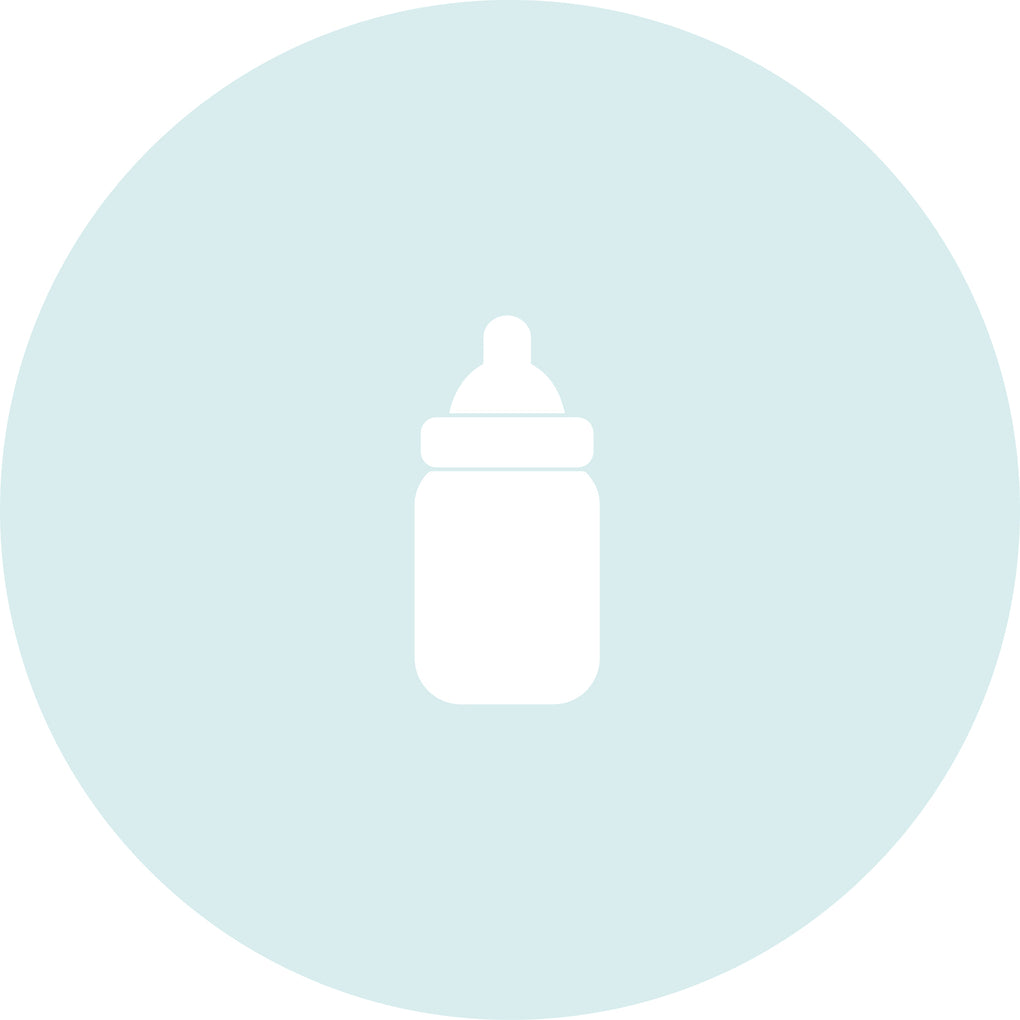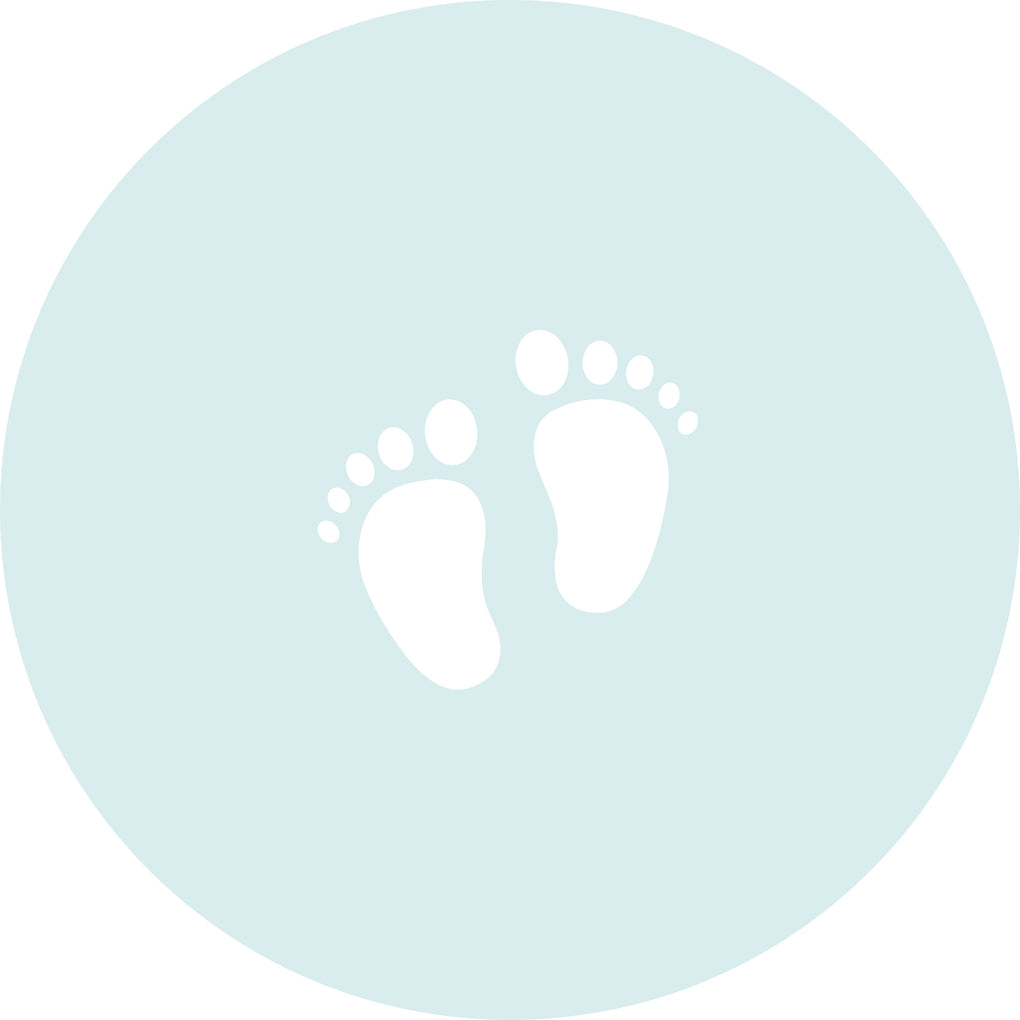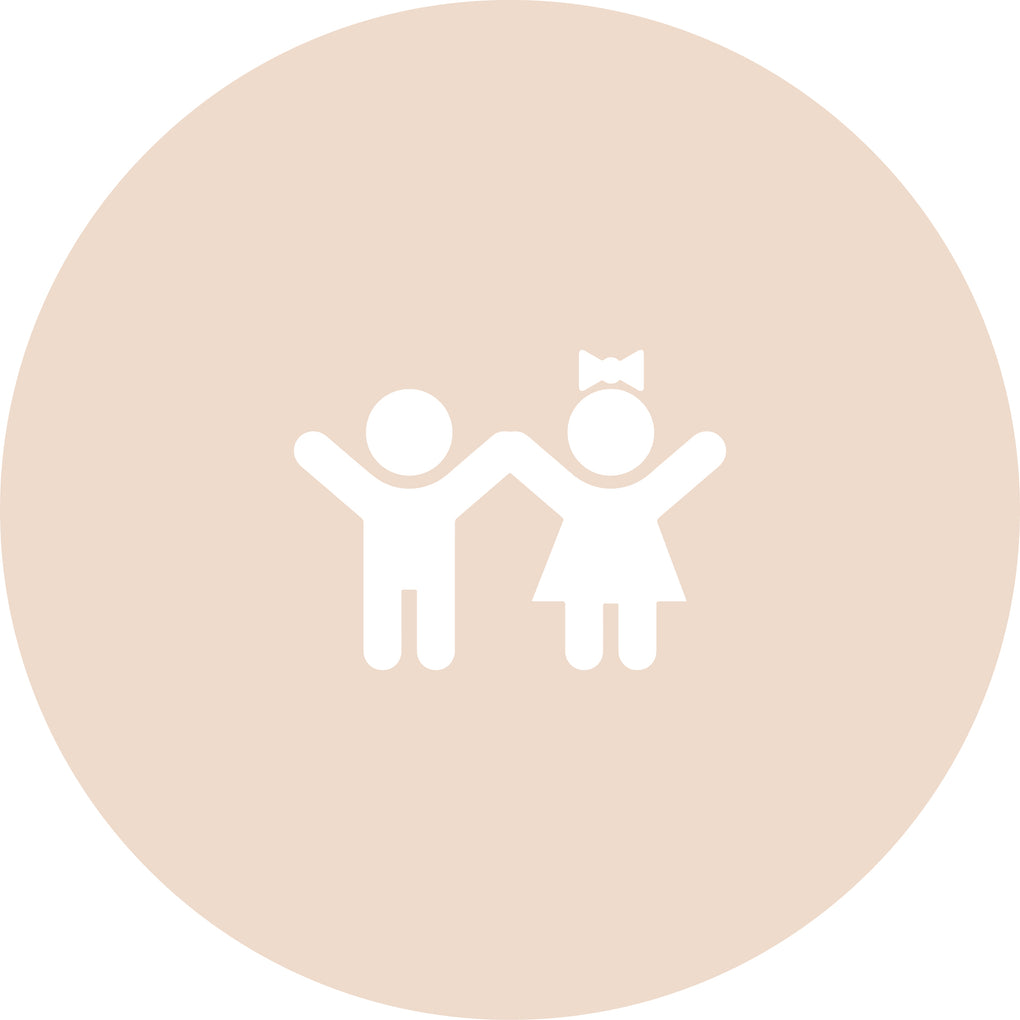As we find ourselves in lockdown again and faced with the task of home-schooling our little ones again it’s easy to feel overwhelmed. If your little one is at the stage of starting nursery you could be worried they are missing out on some vital development opportunities and want to help them with their learning at home too.
However, early years home learning is a unique challenge in itself. Unlike older children, preschool age children aren’t great at sitting still for very long, and haven’t quite mastered independent learning or play yet. So we have bought together some tips and our top picks of educational toys to help you with your early years home schooling. From getting to grips with language, learning how to count, recognising letters, we’ve got you and your little pre-schooler covered.

Where to start?
We guess the first place to start is knowing what to actually teach them. Luckily for those parents of little ones around nursery age, you won’t have to be tackling any long division or working out the square root of 66. Early years teachings are things every parent already knows whether you’re a teacher or not. Phew!
The main areas to focus on are;
- ABC’s
- Counting from 1 to 20
- The main primary colours
- Write their name and other simple words
- Identify different shapes
- Finding pairs or matching items
- Listening to songs and sounds and try to imitate them back
See, not too daunting right? So now you know some areas to focus on, how about some handy tips to make home learning as stress free as possible?
Make it fun
Little ones learn best through play. Creating a fun and interactive learning environment will help keep their attention for longer and help them to absorb new information. Think of your lessons as guided play with a goal of developing certain skills. We don’t mean let them loose in the ball pit, but instead think of fun and enjoyable ways to teach certain topics. For example, making little songs for their ABC’s, create games out of numbers rather than asking them to simply recite the order to you, or create some fun craft colouring activities to identify colours or shapes.
Plus, making it fun for them will make it much more enjoyable for you too.

Make a plan
You will thank yourself later for this one. Taking a little time to plan tomorrow, or even the rest of the week will really help make it go a little smoother. Make a little plan for what you want to focus on each day and try to think about some activities ahead of time that would be perfect for that focus. You can then make sure you have everything you need and can then plan your time much easier.
Online resources
Don’t try to go it alone, there are so many brilliant resources on the internet and on parenting blogs to help inspire you with some ideas or some ready made activities perfect for early years learning. Remember, you’re not a professional teacher so lean on resources like this to help. The BBC have brilliant home learning resources for many different age groups and stages, including early years learning. It’s so handy to have these in your locker when you need them.

Keep active
We know children’s attention spans aren’t great, and they are even shorter in younger children. Avoid forcing them into lengthy planned activities if they naturally respond better to a mix of shorter activities. This can stop them getting bored or frustrated and keep them interested and learning through things they enjoy. Try to break up learning time with some activities that gets them moving. A walk outside will work wonders, or pop on Joe Wicks for half an hour or you can simply have a little dance to some music with them. Anything that gets them moving and grooving will make the day a lot more fun and will stop your little one from getting restless or bored.
Go easy
Remember not to be too hard on yourself or your little one. Try not to overwhelm yourself with pressure or your little one with lots of hours of learning at a time. Go easy on the both of you and just know that you are doing your best!

Bring in the back up
Unlike older children, pre-school little ones aren’t great at sitting still for long and seem to want your attention ALL the time. It can feel like you just don’t have a minute to breath or do something for yourself. So always be prepared to bring in the back-ups. By back-ups we mean those toys or games that will keep your little one entertained and encourage independent play all while boosting their skills at the same time. Here are some of our favourites.
Tonies
Give yourself a break and let Tonies do the work for you. The Toniebox opens up a whole new and exciting world of audio stories and learning away from screens.
There are so many Tonie characters to choose from, from those classic fairy-tale stories or the education characters to help with the home learning. The audio player is easy to operate so children as young as two or three can do it all by themselves, meaning you can have 5 minutes to yourself. Plus the charge lasts upto 7 hours once fully charged, the perfect parenting back up for home learning, we love Tonies! The Tonies character of children counting songs makes learning to count fun as it teaches your little one the world of numbers and times in a playful way with great sing-along songs. Plus, each Toniebox comes with a free Creative-Tonie, essentially a blank Tonie of 90 minutes of available time to upload the content you wish that is bespoke to your child. Upload a recording of yourself explaining some educational content such as the alphabet or shapes and colours that your little one can listen to independently and learn as they listen.
Puzzles
Puzzles are a great way to help with early learning for your little one. While we may think of them as a simple toy, there are actually some incredibly educational benefits for young children in puzzles. It will help with their problem solving skills through trial and error, strengthen cognitive and memory skills as well as being fun! There are some amazing puzzles out there, we love this ABC one from Little Dutch which combines the benefits of puzzles with teaching them the order of the alphabet, genius!
Or up the challenge with this clever memory game from Little Dutch. Featuring colourful zoo animals, your little one not only gets to know the animals names, but the game also trains memory and teaches important skills such as concentration and problem solving through play.
Numbers
A great way to help your little one understanding numbers and the order they go in is with a toy based around numbers which will keep them entertained at the same time. For example, the Kids Concept Abacus is a great toy that will help with their number counting and maths for many years. Or we love this clever and colourful silicone number blocks set from Blossom and Bear. The numbers and characters make them a long lasting interactive toy for your little one as they grow and start understanding number and object recognition
Colours
There are colours all around you that will help to make teaching them the initial colours slightly easier. But if your little one is much more of an interactive and visual learner, a book is a brilliant place to help them learn their colours. We love this colours book from Sophie la Giraffe bursting full of 16 fun and interactive pages of colours. Lift the flaps to find Sophie and her friends teaching your little one their favourite colours.
Remember don’t put too much pressure on yourself, it is temporary and try to have some fun with it. Little brains learn best through fun play and interactive activities. Don’t forget to also give yourself a pat on the back because it’s hard work and you’re doing amazing. You can do it!






















